“Our starting point is that people hate advertising,” says Pancho Cassis, partner and global chief creative officer of the lauded international agency David. “We wake up every day to come to the agency to try to do something that most people will hate, so we need to break that.”
At David, that approach looks like Corona Sunbrew, a 0% alcohol beer shot with vitamin D, or the skateboards developed for Activision’s Scratch Board campaign to promote Tony Hawk’s Pro Skater, which reveal prizes when the skateboard decks are scuffed – just like a scratch card. And then there’s the slew of projects for Burger King: the equal parts clever and divisive Moldy Whopper campaign; Meat?, a print campaign in which cuts of meat are in fact fleshy-looking vegetables; and Stevenage Challenge, a clever link-up between Stevenage FC, Burger King and FIFA that got everybody talking about the League Two side (and its shirt sponsors: Burger King) via the video game.
Advertising was baked into Cassis’ system from a young age, partly down to his father being an ad man himself who eventually became a de facto mentor to his son. “It was crazy because all my friends wanted to be rock stars and football players or whatever, and I wanted to be advertising, advertising, advertising,” he remembers. “But my dad was already seeing the shift in the business. He always told me, no, please do something else – this is going to hell! Clients are always paying less and less, fees are going down, no one cares about creativity!”
Although these would prove to be ongoing industry gripes 20 years later, Cassis nonetheless found his way onto an advertising degree after having an initial plump at studying economics. Towards the end of his degree programme, he was itching to get out of education and into an agency, which meant he was only 22 when, as an agency trainee, he worked on his first Cannes Lion-winning project. It would be the first of many awards throughout his career – over 600, if anyone’s counting.
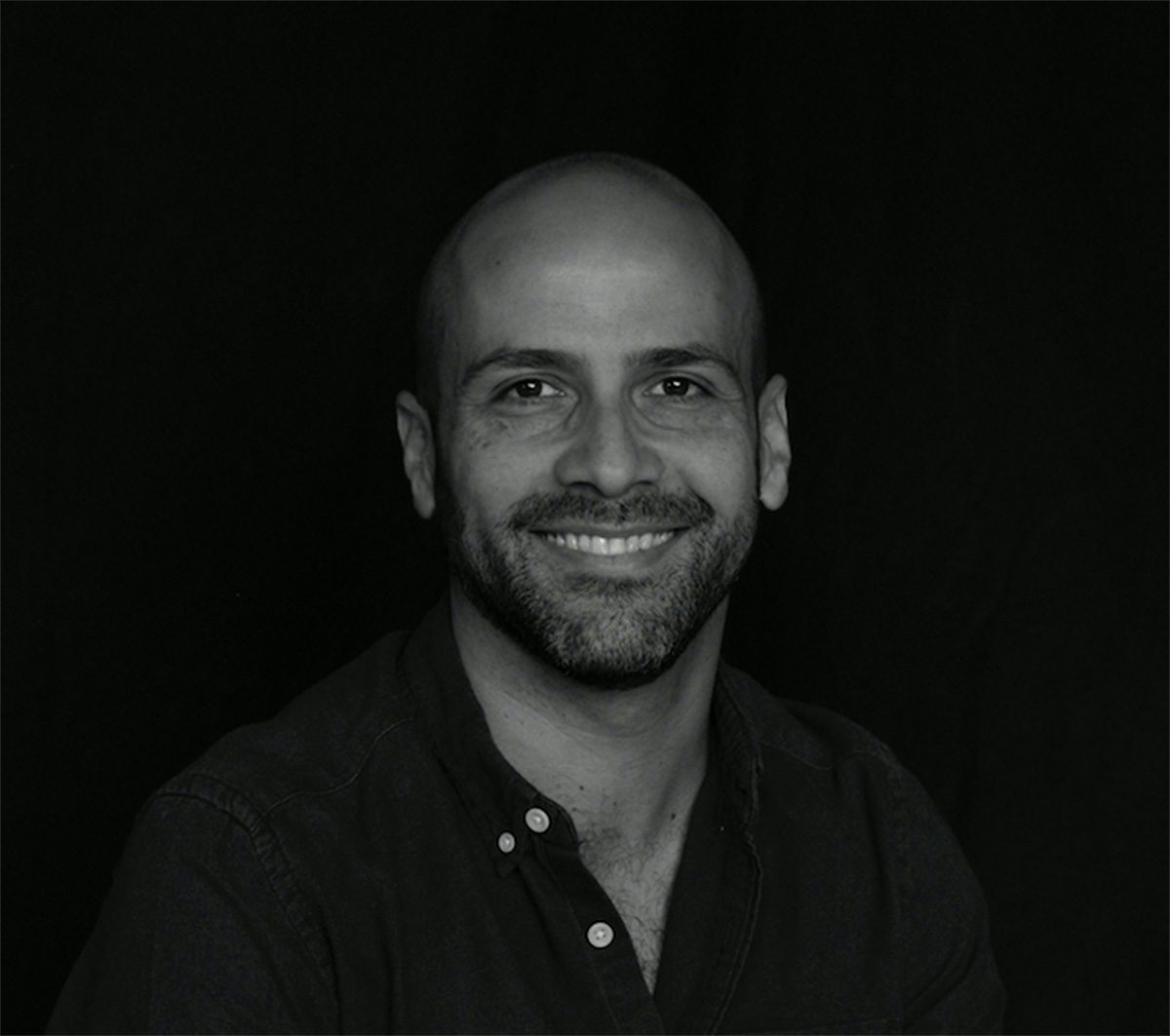
After a handful of trainee schemes, Cassis rose up the ranks at Leo Burnett, both in his home country of Chile and Madrid, before heading to Lola MullenLowe, which became Spain’s most decorated agency during his tenure. He departed Lola to set up his own venture but was approached by David only a few months in, and he’s been partner and global CCO there since 2019.
The agency has just opened its sixth office, in New York, joining Miami, Madrid, Buenos Aires, São Paolo and Bogotá, many of which have recently topped agency of the year lists published by industry arbiters such as D&AD, the Clio Awards, and Ad Age.
I’m convinced that it’s good people first, and then good work. I try to stay away from pricks, from egomaniacs who put their egos first
As global CCO, it means Cassis is often spread across continents, and though he says he still stays “super close to the work”, he recognises that his greatest strengths lie elsewhere, like facilitating other people to do their best work. “I knew that I wasn’t the best copywriter. I knew I wasn’t the best art director. I knew that what I really love to do is get an idea and just craft it and make it happen,” he says, twisting his hands as though modelling a Rubik’s Cube.
Much of that comes down to curating teams with the right people. “I’m convinced that it’s good people first, and then good work,” he says. “I usually try to stay away from pricks, from egomaniacs who put their own career and their egos first, because even when they can bring a couple of Lions, even a couple of Grand Prix a year, because they’re really, really good, they poison the culture of the agency and no one else will perform.
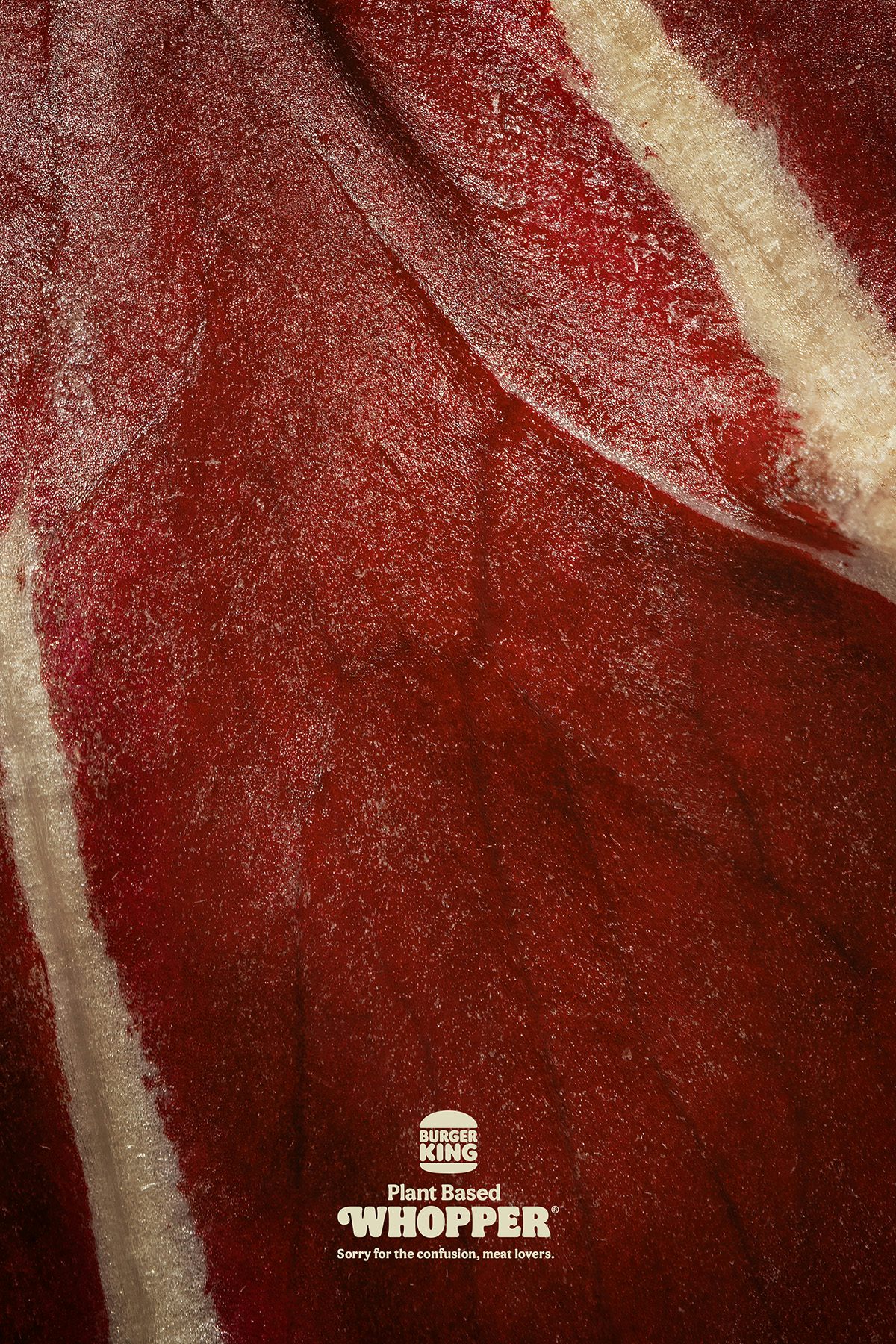
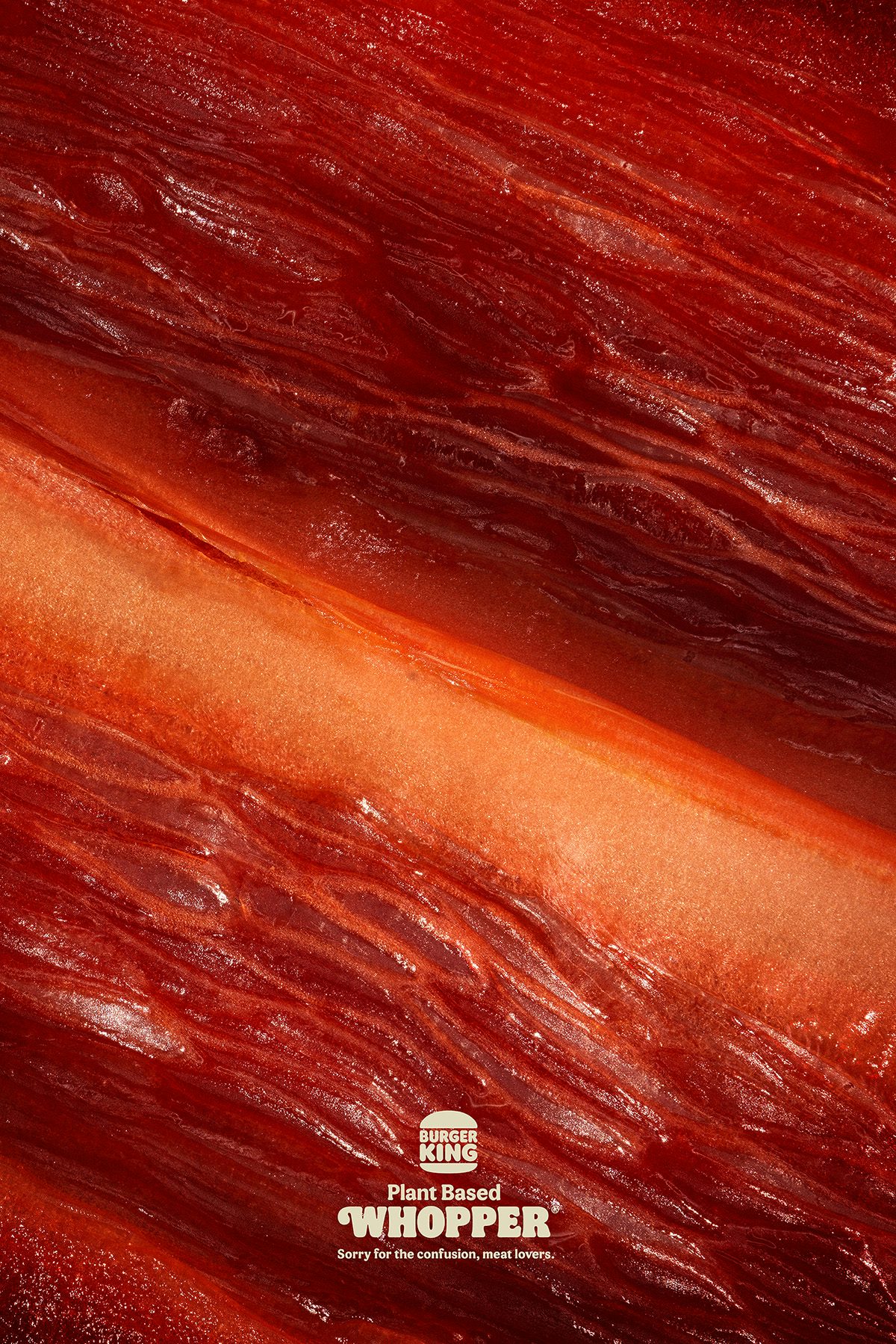
“I really think of every office as a football team,” he says, one of many such analogies in our conversation. “But, honestly, if you have one prick on the team, then you’re done.”
Once those teams are in place, it’s about supporting them as best as possible, “because you can talk a lot, but then when the acts are not there, people stop trusting you,” he says. For instance, putting faith in the agency’s existing talent to take the leap into senior roles when a swathe of its creative leaders left. “Instead of just going and hiring someone else, I just went all in with the people we had,” a decision that was well received at the time and is paying off now in the shape of award-winning work in every single office, including the Bogotá arm, launched only a year ago, already becoming the most awarded agency in Colombia.
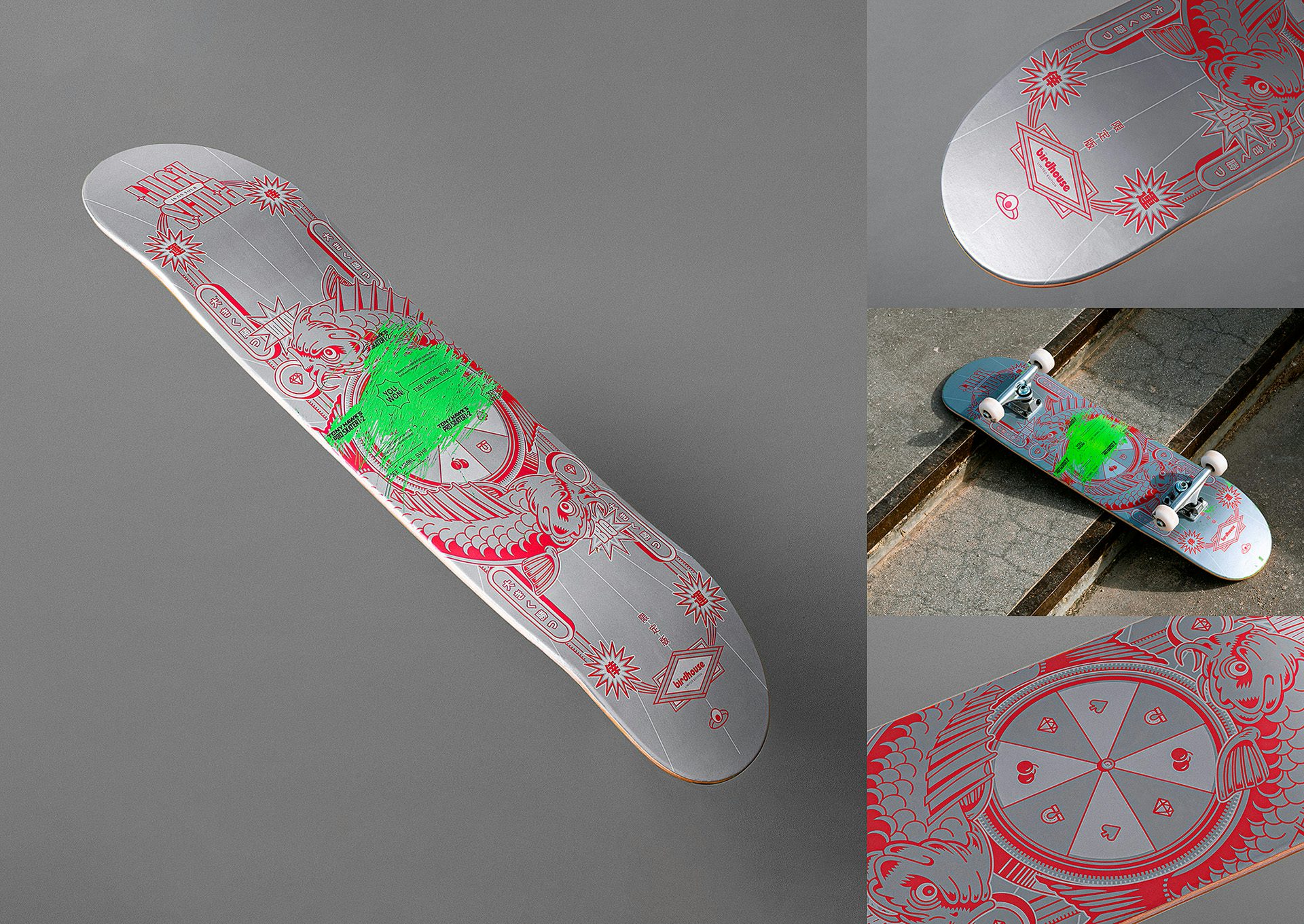
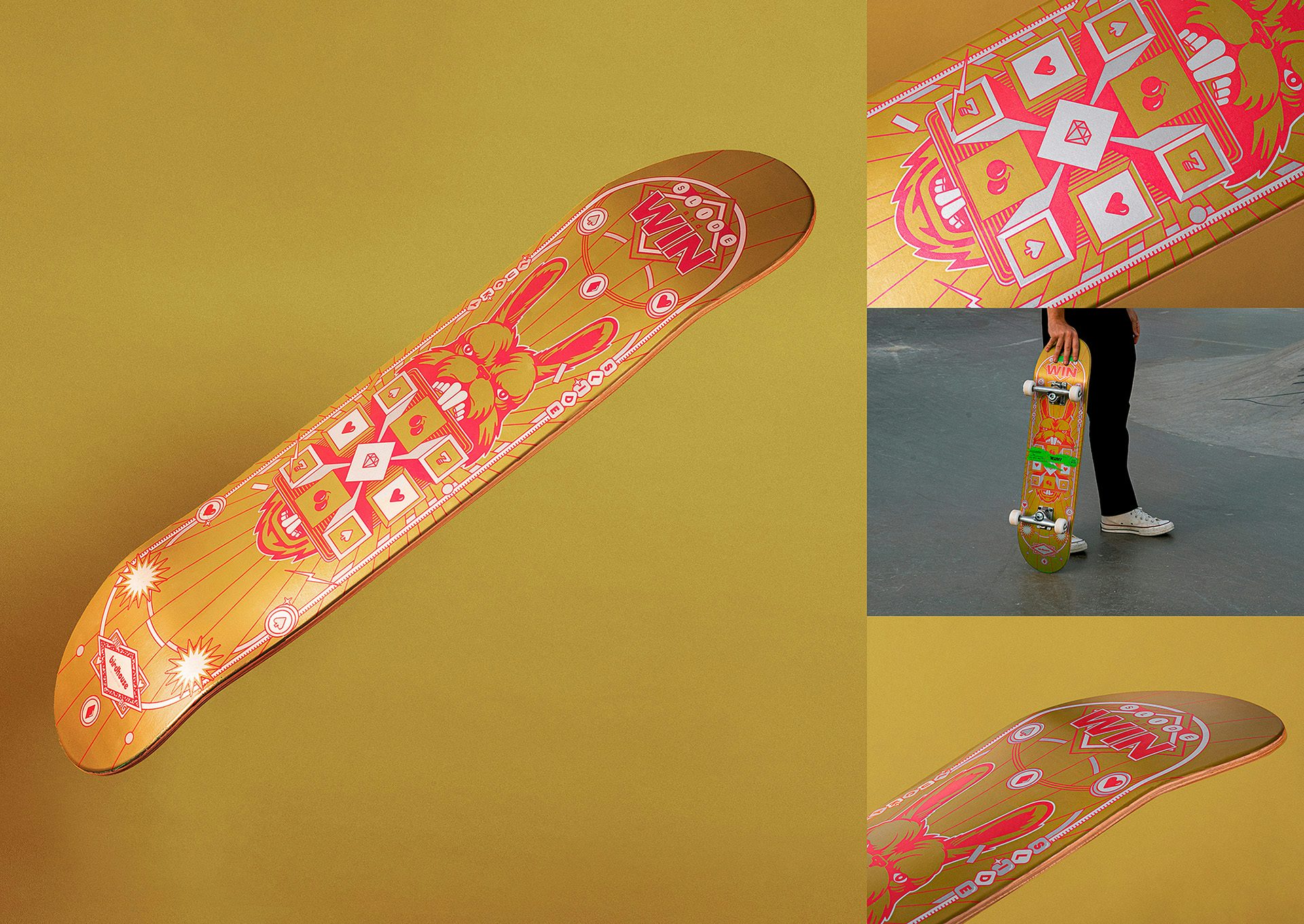
Supporting teams takes many forms. “I give them the confidence [by saying] that it’s only advertising, no one will die, so if you screw up, let’s go through the next one fast. And when you take that pressure away, I have discovered that people perform better.” He recalls he and his colleagues feeling daunted when they joined David and is aware that that can still be the case for new starters.
“We all felt this pressure like, oh shit, now we’re at David. We’re not at Lola. We’re not at Leo Burnett. It’s David and we need to perform. And many people, they experience like a six-month block,” he explains. “And now it’s even worse! Now we have Stevenage, now we have Moldy Whopper, and they feel that. But when you sit down with them and say, guys, nothing will happen – we have screwed up here, here and here, and no one remembers because we try to do more good work than bad work, just go for it – I think people can perform better, right? That is one of the magic tricks I’ve figured works really well.”
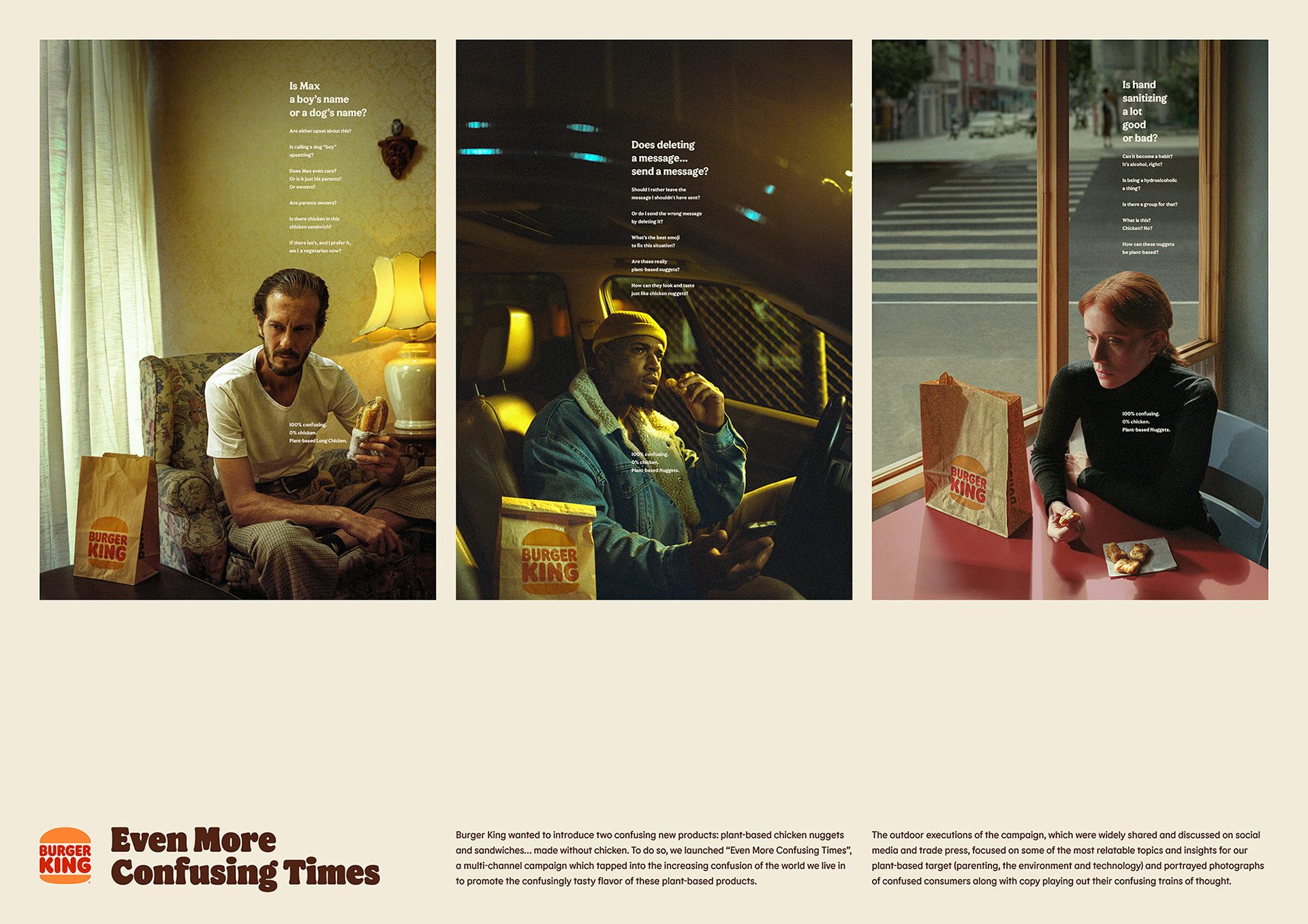
Cassis concedes that his teams work a lot, and hard – such are the realities of being part of a competitive creative agency – but says that it’s been a long time since they’ve done a weekend slog, and he tries to carve out creative opportunities for his teams outside the constraints of client work. Right now, a graphic novel and a short film are both in the pipeline. “I wanted to push the creatives to think in a different way. We already know how to do ideas for a brand, we already know how to win in Cannes,” he says; this time, the Oscars are the north star.
We want to keep it small so we can create things tailor-made for our clients. We love intimacy – intimacy for me is the magic word
It’s this inclination to think outside the industry’s tight borders that has made the agency’s work so memorable. “If you only talk about advertising, you only know advertising references and so on, and it gets boring, right?” For all the awards and industry praise, the mission is to glean ideas from real life and inject the work back into real life too. “We don’t just do wallpaper that’s going to be forgettable in two days.”
One way to stave off irrelevance is by translating small ideas into real-world experiences and products, like Corona Sunbrew, which was born from a brief specific to the Chinese market. One of the creatives on the team flagged an insight: that a large part of the population in China have a vitamin D deficiency. “And if we’re the brand of the sun, shit,” Cassis says, “can we create a beer that has vitamin D in it?” It turns out they can, and two years later, the product is rolling out in Canada, Brazil, New Zealand and around Europe.
It’s a sign of where he feels the industry needs to be heading, particularly if agencies are going to compete with the Ubers and the Facebooks of this world – companies that “know we have creatives with enough talent to solve problems with creativity, not just write the fucking 30-second ad. So, in that sense, that’s where I push. So sometimes it’s a stunt. Sometimes it’s a conventional campaign, like Confusing Times [for Burger King]. Sometimes it’s coming up with a product like Sunbrew. It’s pushing creativity and trying to do something that people will love when actually they hate what we do.”

David is going from strength to strength, and that’s being mirrored in the agency’s expansion. Yet there’s a balance to strike if it wants to hold on to all of the internal collaboration, the external trust, and the sideways thinking that has got the agency this far.
“That level of detail and relationship with your teams is when the good work happens, so that’s why we’re super careful with the growth,” says Cassis. “We could be growing crazy and just billing clients, but we don’t want to do that – we want to keep it small so we can create things tailor-made for our clients, and I can answer clients’ WhatsApps all the time, they can access me or the ECDs or the account directors every day, and not be just a big office where you don’t have a relationship with them. We love intimacy – intimacy for me is kind of the magic word for the company.”




